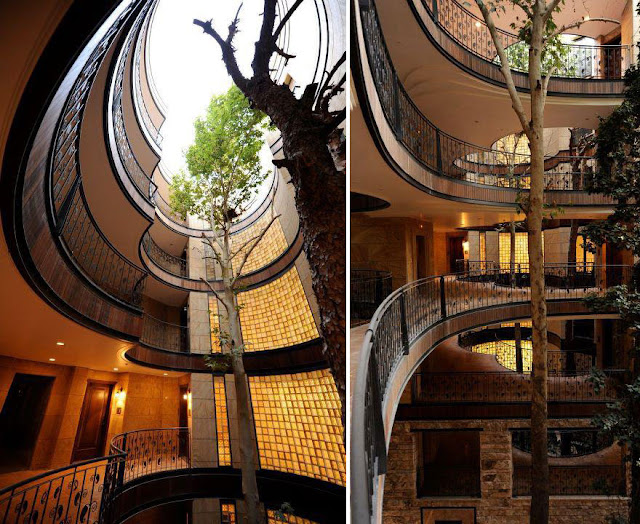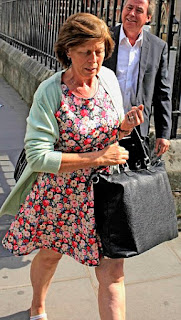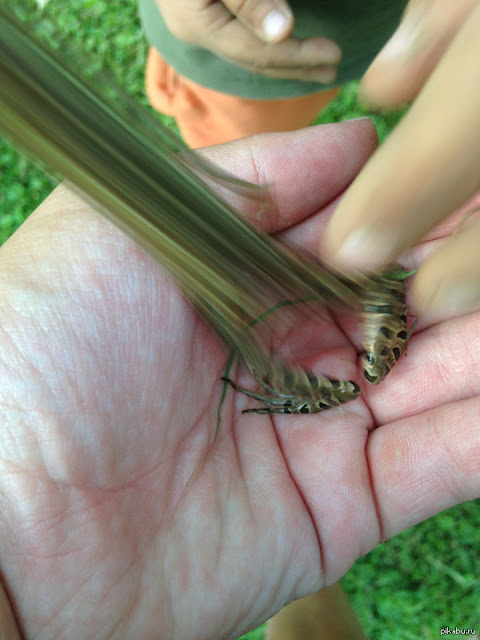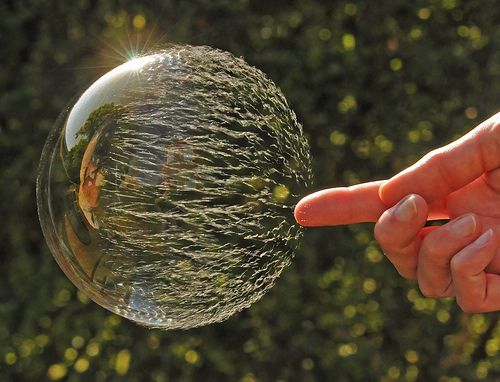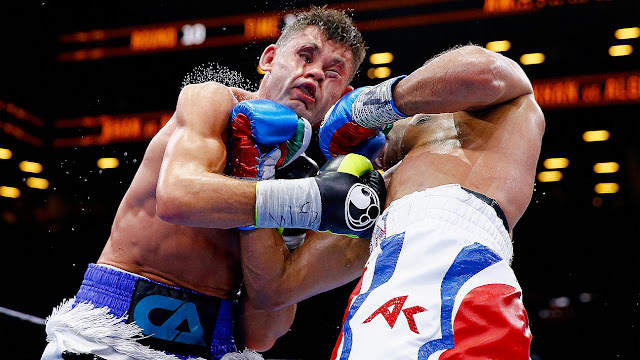Despite some beta issues, Google’s streamlined and speedy browser offers strong integrated search and an intriguing alternative to Firefox and Internet Explorer.
Google takes aim squarely at Microsoft with the release of its new Web browser, Chrome. And Microsoft should be very afraid: Chrome lives up to its hype by rethinking the Web browser in clever and convenient ways that make using the Web a more organic experience than you’d get with either Microsoft’s Internet Explorer 8 or Mozilla’s Firefox 3.
Best color switch cheats
Initially available for download for Windows Vista and XP, Google plans to expand its Chrome offerings to the Mac and Linux platforms as well. The company doesn’t offer any timeline for these versions, though. (For additional PCWorld.com coverage of Google’s new browser, see “Chrome vs. the World” and “Google’s Chrome: 7 Reasons for It and 7 Reasons Against It.”)
Chrome automatically detects the Web browser you’re using and prompts you through the process of installation (right down to telling you how to access downloaded files within Firefox, for example). When you first run the application, Chrome imports your bookmarks, passwords, and settings from Firefox or Internet Explorer. It even can grab username and password data, and it automatically populates those fields for you when you use Chrome for the first time to visit a particular site.
After running through a quick import checklist, Chrome opens on your desktop–and right away you begin to experience the Web in a new way. Chrome’s layout is very simple: You’ll see a row of tabs running along the top, a Web address bar, and a bookmarks bar that runs beneath the address bar. A separate recent bookmarks box appears at the right of the screen, as does a history search field.
Like its Google stablemates, Chrome has a remarkably minimalist interface. There is no full-scale menu bar and no title bar–and few distractions. All controls are buried beneath two icons to the right of the Omnibar (as Google refers to its address bar): a page icon for managing tabs and using Google Gears to create application-like shortcuts from your desktop to a Web site; and a wrench for history, downloads, and other browser options.
You can set your own home page, or you can use the ‘most visited’ sites page as your starting point. This page provides thumbnail images of your most frequently visited sites, shows recent bookmarks, and supplies a search field for searching your page history. You can change your default search engine, too: This option is located beneath the wrench icon, under Options .
Chrome’s design bridges the gap between desktop and so-called “cloud computing.” At the touch of a button, Chrome lets you make a desktop, Start menu, or QuickLaunch shortcut to any Web page or Web application, blurring the line between what’s online and what’s inside your PC. For example, I created a desktop shortcut for Google Maps. When you create a shortcut for a Web application, Chrome strips away all of the toolbars and tabs from the window, leaving you with something that feels much more like a desktop application than like a Web application or page. The lack of forward and back buttons means that if you browse between pages in a saved Web application you may find yourself a little confused if you want to go back a page. Chrome does let you right-click to navigate backward, however.
This being Google, search is an integral part of Chrome; and Google has added some clever features to make searching easier. Chrome goes beyond its Microsoft and Mozilla competition by searching your browser history’s page titles as well page content. The history results show the title of the page, as well as a thumbnail representation of the page (for some sites but not all; it was unclear why some sites were visually represented while others were not), but it doesn’t show the actual Web page address. The lack of URL information can make it difficult to identify the specific Web page you’re going to, especially if the site’s title bar description is not specific (because, say, different sections of the same site have identical title bar descriptors).
For example, earlier today I read an article on Macworld about an upcoming Apple launch event. To find the article in my browser history, I simply typed ‘apple event’ in the Omnibar. The resulting list showed every page I had visited that contained the phrase ‘apple event’. Conveniently, the Omnibar lets you search not just your history, but Google and other sites as well.
The default search engine is Google, as you might expect. However, you can choose from a list of nine other search engines, or you can manually add your own search engine. Type ‘google fish sticks’ to search for fish sticks on Google. The same syntax works for Yahoo, Amazon, Live Search, and other sites that are already recognized by Google or that you add. This feature, though nifty and promising, proved inconsistent in the early going: It worked for me most of the time on a Windows Vista PC, but two of my colleagues who were testing Chrome on Windows XP machines had trouble getting the feature to work. Google provides keywords to activate this search feature, but some of us had to edit the search engine keywords manually before the feature would function properly.
Chrome includes a number of features that appear in other browsers, such as a private browsing mode dubbed Incognito, tools for Web developers to use in viewing and troubleshooting source code, and the ability to restore all tabs from a previous session. Chrome also features tab isolation: If a Web page causes a problem with Chrome and leads to a crash, the crash will affect only the tab displaying the page and not the whole program. Internet Explorer 8 will offer a similar feature, but Chrome takes the idea a step further by adding a task manager that gives the user an idea of how much memory and CPU use a page is eating up, and by allowing you to kill anything that is causing a problem. Unfortunately, you have to configure this tool manually.
In my early testing, I ran into some problems. Chrome can be a little unstable, which is not surprising considering that it is a beta. Also, I have found that Flash does not work with Chrome on my Vista-based system, though my two colleagues running XP had no issues with Flash compatibility. They did, however, experience software crashes when searching in the history section. And when Chrome crashes, it takes everything with it unless you manually configure the browser to act otherwise (the configuration options are buried under the wrench icon, in the Options/Basics menu). In contrast, Mozilla Firefox and Microsoft Internet Explorer 8 automatically restore your previous session in the event of a crash.
The sites I visited that rely on JavaScript and Ajax seemed to work fine, but Microsoft’s Silverlight wouldn’t work with Chrome. Google’s browser uses WebKit, the same engine that powers Apple’s Safari Web browser–and Silverlight works with Safari for Mac only.
Google has produced an excellent browser that is friendly enough to handle average browsing activities without complicating the tasks, but at the same time is powerful enough to meet the needs of more-advanced users. The search functionality of the Omnibar is one of many innovations that caught my attention. PC World has chosen to rate this beta version of Chrome because of Google’s history of leaving products and services in long-term beta and in an ongoing state of evolution. In the past there has been some speculation that Google would develop its own operating system, but I think that Chrome’s launch makes one thing is clear: The Web browser is Google’s operating system.
Google takes aim squarely at Microsoft with the release of its new Web browser, Chrome. And Microsoft should be very afraid: Chrome lives up to its hype by rethinking the Web browser in clever and convenient ways that make using the Web a more organic experience than you’d get with either Microsoft’s Internet Explorer 8 or Mozilla’s Firefox 3.
Best color switch cheats
Initially available for download for Windows Vista and XP, Google plans to expand its Chrome offerings to the Mac and Linux platforms as well. The company doesn’t offer any timeline for these versions, though. (For additional PCWorld.com coverage of Google’s new browser, see “Chrome vs. the World” and “Google’s Chrome: 7 Reasons for It and 7 Reasons Against It.”)
Chrome automatically detects the Web browser you’re using and prompts you through the process of installation (right down to telling you how to access downloaded files within Firefox, for example). When you first run the application, Chrome imports your bookmarks, passwords, and settings from Firefox or Internet Explorer. It even can grab username and password data, and it automatically populates those fields for you when you use Chrome for the first time to visit a particular site.
After running through a quick import checklist, Chrome opens on your desktop–and right away you begin to experience the Web in a new way. Chrome’s layout is very simple: You’ll see a row of tabs running along the top, a Web address bar, and a bookmarks bar that runs beneath the address bar. A separate recent bookmarks box appears at the right of the screen, as does a history search field.
Like its Google stablemates, Chrome has a remarkably minimalist interface. There is no full-scale menu bar and no title bar–and few distractions. All controls are buried beneath two icons to the right of the Omnibar (as Google refers to its address bar): a page icon for managing tabs and using Google Gears to create application-like shortcuts from your desktop to a Web site; and a wrench for history, downloads, and other browser options.
You can set your own home page, or you can use the ‘most visited’ sites page as your starting point. This page provides thumbnail images of your most frequently visited sites, shows recent bookmarks, and supplies a search field for searching your page history. You can change your default search engine, too: This option is located beneath the wrench icon, under Options .
Chrome’s design bridges the gap between desktop and so-called “cloud computing.” At the touch of a button, Chrome lets you make a desktop, Start menu, or QuickLaunch shortcut to any Web page or Web application, blurring the line between what’s online and what’s inside your PC. For example, I created a desktop shortcut for Google Maps. When you create a shortcut for a Web application, Chrome strips away all of the toolbars and tabs from the window, leaving you with something that feels much more like a desktop application than like a Web application or page. The lack of forward and back buttons means that if you browse between pages in a saved Web application you may find yourself a little confused if you want to go back a page. Chrome does let you right-click to navigate backward, however.
This being Google, search is an integral part of Chrome; and Google has added some clever features to make searching easier. Chrome goes beyond its Microsoft and Mozilla competition by searching your browser history’s page titles as well page content. The history results show the title of the page, as well as a thumbnail representation of the page (for some sites but not all; it was unclear why some sites were visually represented while others were not), but it doesn’t show the actual Web page address. The lack of URL information can make it difficult to identify the specific Web page you’re going to, especially if the site’s title bar description is not specific (because, say, different sections of the same site have identical title bar descriptors).
For example, earlier today I read an article on Macworld about an upcoming Apple launch event. To find the article in my browser history, I simply typed ‘apple event’ in the Omnibar. The resulting list showed every page I had visited that contained the phrase ‘apple event’. Conveniently, the Omnibar lets you search not just your history, but Google and other sites as well.
The default search engine is Google, as you might expect. However, you can choose from a list of nine other search engines, or you can manually add your own search engine. Type ‘google fish sticks’ to search for fish sticks on Google. The same syntax works for Yahoo, Amazon, Live Search, and other sites that are already recognized by Google or that you add. This feature, though nifty and promising, proved inconsistent in the early going: It worked for me most of the time on a Windows Vista PC, but two of my colleagues who were testing Chrome on Windows XP machines had trouble getting the feature to work. Google provides keywords to activate this search feature, but some of us had to edit the search engine keywords manually before the feature would function properly.
Chrome includes a number of features that appear in other browsers, such as a private browsing mode dubbed Incognito, tools for Web developers to use in viewing and troubleshooting source code, and the ability to restore all tabs from a previous session. Chrome also features tab isolation: If a Web page causes a problem with Chrome and leads to a crash, the crash will affect only the tab displaying the page and not the whole program. Internet Explorer 8 will offer a similar feature, but Chrome takes the idea a step further by adding a task manager that gives the user an idea of how much memory and CPU use a page is eating up, and by allowing you to kill anything that is causing a problem. Unfortunately, you have to configure this tool manually.
In my early testing, I ran into some problems. Chrome can be a little unstable, which is not surprising considering that it is a beta. Also, I have found that Flash does not work with Chrome on my Vista-based system, though my two colleagues running XP had no issues with Flash compatibility. They did, however, experience software crashes when searching in the history section. And when Chrome crashes, it takes everything with it unless you manually configure the browser to act otherwise (the configuration options are buried under the wrench icon, in the Options/Basics menu). In contrast, Mozilla Firefox and Microsoft Internet Explorer 8 automatically restore your previous session in the event of a crash.
The sites I visited that rely on JavaScript and Ajax seemed to work fine, but Microsoft’s Silverlight wouldn’t work with Chrome. Google’s browser uses WebKit, the same engine that powers Apple’s Safari Web browser–and Silverlight works with Safari for Mac only.
Google has produced an excellent browser that is friendly enough to handle average browsing activities without complicating the tasks, but at the same time is powerful enough to meet the needs of more-advanced users. The search functionality of the Omnibar is one of many innovations that caught my attention. PC World has chosen to rate this beta version of Chrome because of Google’s history of leaving products and services in long-term beta and in an ongoing state of evolution. In the past there has been some speculation that Google would develop its own operating system, but I think that Chrome’s launch makes one thing is clear: The Web browser is Google’s operating system.





